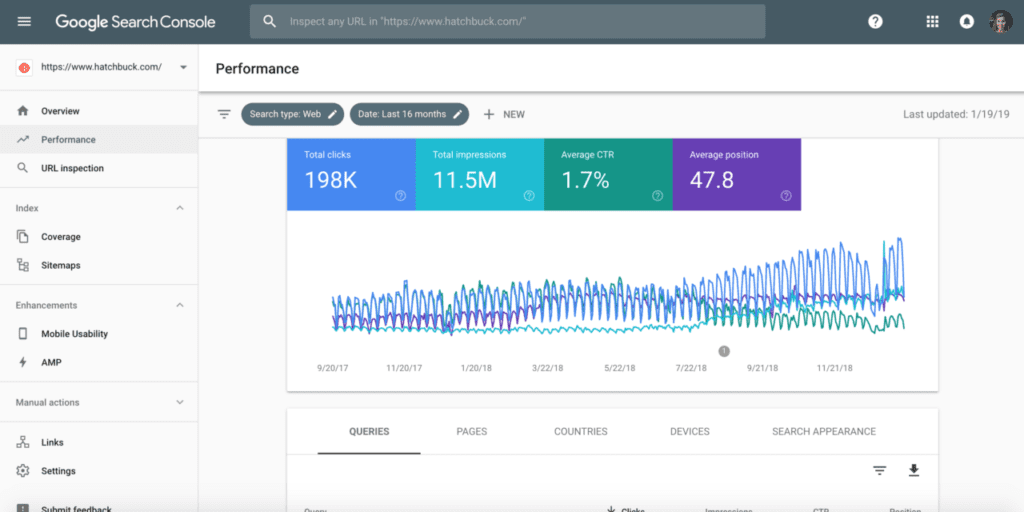It’s crucial for your website to rank at the top of Google and Bing in order to meet business objectives.
However, there are many common SEO mistakes made by businesses all over the world.
If you’re not careful when optimizing your site for search engines, you might be hurting your chances of generating more qualified leads. Fortunately, these mistakes are easily fixed.
The following 15 SEO mistakes are the most common. Avoid falling for them by making sure you’re doing an excellent job at each of these 15 things:
1. Don’t use too many keywords
Most businesses try to stuff as many keywords into their content as possible. Doing this can hurt your search ranking and cause you to get penalized by Google.
Keyword density means different things depending on how it’s applied. For some sites, it has more to do with where a keyword is placed. For example, if you want the keyword “electrician” to show up on page one of Google for a search query, it should appear four times within an article that’s 1,000 words long.
2. Don’t pick too many keywords
It’s usually better to have a smaller number of highly targeted keywords than a lot of keywords that are loosely related to your business.
If you try to optimize every page on your site for a wide range of search terms, you might end up spreading yourself too thin. Ultimately, this could hurt your chances of ranking well in the major search engines.
3. Don’t ignore local SEO
It’s critical that you claim and optimize your business’s Google My Business page. Failing to do so means that you’re missing out on potential leads and customers.
For example, if someone searches for [electrician in Melbourne] they might see a map with local results. If your business isn’t on that map, but the competition is, you will lose out on potential business.
4. Avoid duplicate content
Duplicate content is a major SEO mistake, and it happens often because people think that if they just change the wording on a page here or there that Google won’t notice. Search engines are smart enough to know when pages are duplicates of each other.
Write original and engaging content every time. This will help you rank for more keywords, which is a major goal of search engine optimization.
5. Use a site map to help the search engines index your pages more easily
A site map helps search engines and users access each part of your website. You should keep the structure simple so that people can find exactly what they’re looking for.
Another reason to create a site map is that it tells Google which pages are important to you and how often certain keywords appear on your website. This can help them prioritize those pages.
6. Don’t forget to optimize your images with alt tags
If you’re using images in your website content, make sure that each of them has an alt tag. Using images without alt tags is a common SEO mistake because it causes pages to rank poorly.
Alt tags help search engines read the image. For example, if you have an image of an electrician at work, your alt tag might say something like “electrician doing electrical work.”
7. Don’t use paid links to try to rank quickly
In general, you should always focus on creating the best possible content for your website and let it naturally rise in search engine rankings over time. Trying to increase rankings with paid links can get your site penalized.
8. Don’t set up unnecessary redirects
Setting up redirects is often the first thing that new webmasters do when they create a website. However, over time, you need to keep track of which redirects are still needed and which ones may be causing issues with loading speeds or broken links.
For example, if you’re using WordPress, it’s easy to set up redirects because all the plugin-based functionality is built-in. But eventually, you need to go through and disable any unnecessary redirects that may be conflicting with your site.
9. Don’t forget about mobile optimization
The number of people using smartphones and tablets to surf the web is growing by the minute. If you ignore this trend and don’t optimize your website for mobile users, you’ll lose out on potential customers who are too busy (or simply impatient) to wait until they get home to access your site.
10. Include keywords in your URL and page titles, but not excessively
Keywords in page titles and URLs help search engines know what a page is about. They also provide additional context for the user when they visit that page.
Ideally, your URL will be short but concise, easy to read, and memorable for users so that it doesn’t look spammy or unprofessional. You want it to include keywords and phrases that people would type into a search engine to find your page but not too many – don’t keyword stuff. You can check out Moz’s URL Builder and Keyword Tool to help you with this step.
11. Keep posting new content regularly – don’t let your blog go stale!
The biggest mistake you can make is to post great content and then disappear. Post consistently, and your readers will keep coming back for more. Aim for at least once a week.
12. Use social media to increase readership and followers
The more you do to promote your blog the greater your chances of gaining more traffic.
Social media is an easy way to spread the word about a new blog or to share great articles with others. Join relevant discussion groups on LinkedIn, Facebook, Twitter, etc.
13. Keep track of analytics for how people are finding and interacting with your website
The more you monitor your analytics, the better you’ll be at understanding how people are finding your website and interacting with it.
You can get Google Analytics for free and to a certain extent, it will do most of the work for you such as tracking and reporting traffic sources, search queries, conversions, page views, and much more.

14. Monitor your search engine rankings
You need to be aware of how your website is performing in search engine rankings. There are a ton of free and paid tools which can help you do this – using one is highly recommended.
This will give you an idea of the daily or monthly traffic your site receives, and what content works best for your audience so that you know what to share.
You can see how a given topic performs over time and make informed decisions about which articles to write based on trending topics or popular searches.
15. Stay on top of any new developments in SEO
If you’ve been blogging for a while, it’s easy to fall into a routine and forget that SEO is an ever-changing game.
Make sure you stay on top of new developments by reading industry news and following experts.
Bonus: Look at the big picture
As you develop your website, always keep SEO in mind so that everything on your website is helping to boost your search rankings.
Be sure to avoid the most common SEO mistakes and keep up to date with best practices so that you can enjoy higher search engine rankings and increased visibility in the SERPs.

Ali is a digital marketing blogger and author who uses the power of words to inspire and impact others. He has written for leading publications like Business2Community, Inc. Magazine, and Marketing Profs. When not writing, he enjoys spending time with his family.
